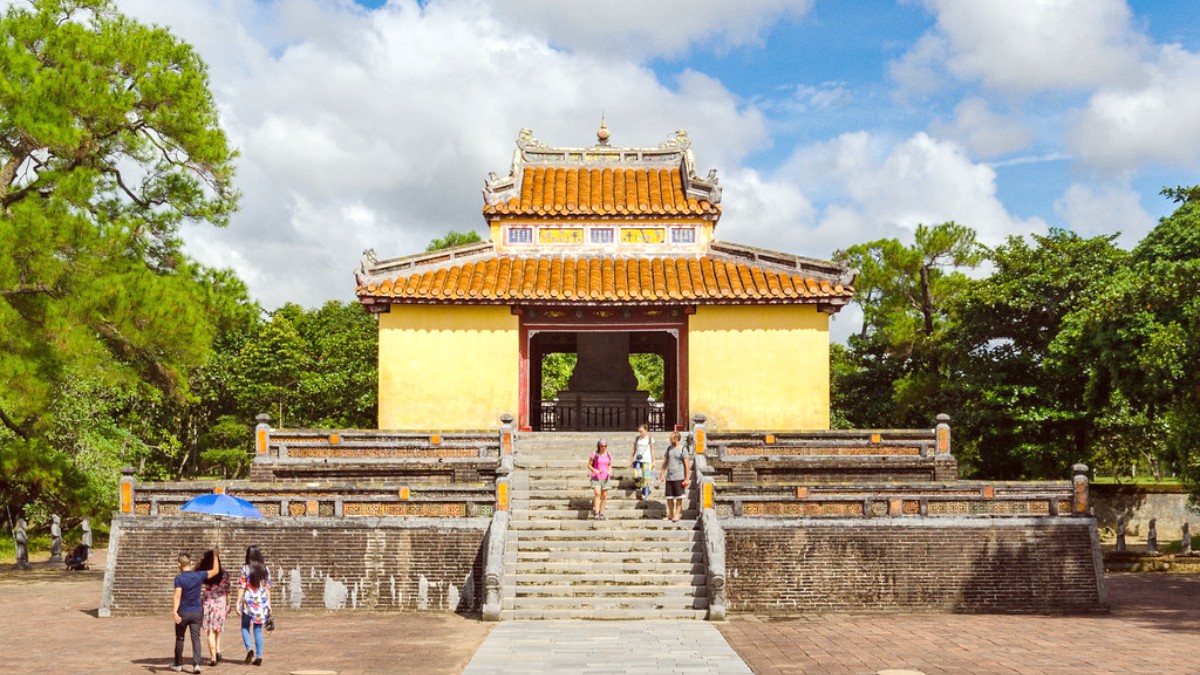
Central Vietnam, Vietnam
Bach Ma National Park, a protected area, supports biodiversity. Visitors must follow park rules and avoid disturbing wildlife. Tam Giang Lagoon, Southeast Asia's largest, is a focus of conservation efforts for its rich aquatic biodiversity.
Waste management continues as a challenge in Vietnam. Littering is common in some areas, and recycling infrastructure is not as developed as in Western countries. Minimize plastic, carry a reusable water bottle, and dispose of trash properly.
Water scarcity can occur in some rural areas of Vietnam. Be mindful of your water usage, especially in hotels. Consider shorter showers and reuse towels when staying multiple nights to conserve water.
Support practices that benefit Hue's communities directly.
Seek out hotels and tour operators that follow sustainable practices.
UNESCO's work in restoring the Imperial City and royal tombs is paramount for preserving Hue's unique heritage.
Mindful interactions make for positive experiences.
Show reverence at spiritual locations.
Mind privacy. Avoid intrusive photography, especially in private spaces or during religious ceremonies.
Sustainable Gear for Your JourneyDo not photograph military installations or sensitive government buildings.
Reusable Travel EssentialsFor accommodation with an environmental focus, look into Ecobnb.
Your travel choices create a direct impact on the local economy.
Choose tours or homestays that directly benefit local communities.
Your purchases can support local artisans and fair practices.
Your spending directly benefits the local economy.
Direct cash donations to individuals on the street are often not the most impactful.
Consider ways to mitigate your travel's environmental footprint.
Consider offsetting your flight emissions through reputable carbon offset programs like Terrapass.
While individual impact is small, collective action addresses global environmental concerns.
Avoid any activity that promotes animal cruelty or the illegal wildlife trade. Research carefully before participating in animal encounters.
By choosing local services and products, you help foster economic stability in the communities you visit.